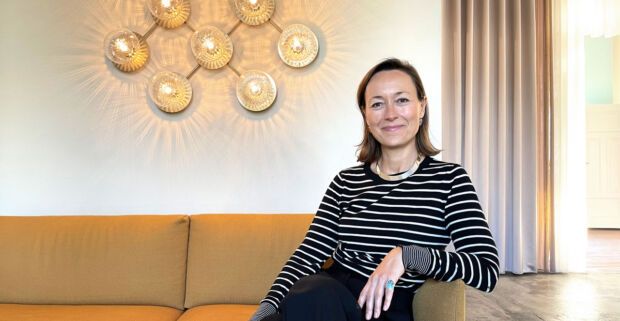Denmark is globally admired for its trust-based workplaces, flat hierarchies, and enviable work-life balance. For many international professionals, leading a team in Denmark seems like an exciting opportunity. However, the reality can be more complex.
International leaders often face two surprising cultural barriers when working with Danes: a resistance to feedback about Denmark itself and a reluctance to engage with internationals’ personal struggles. Understanding these dynamics is key to fostering a truly inclusive workplace.
The Danish Paradox: “We’re Already Doing It Right”
Danes take immense pride in their society and work culture—so much so that feedback about “how things work here” can feel nearly personal. There’s a deeply ingrained belief that the Danish way is not only effective but probably the best in the world, to quote a beer ad.
While this national confidence fosters cohesion, it can also create blind spots when internationals bring alternative perspectives.
An international leader in a Danish organization recalled her frustration: “Whenever I suggested a different approach, I sensed an invisible wall. It wasn’t about the idea itself; it was that it challenged ‘the Danish way.’” Over time, she hesitated to share new ideas, feeling that her contributions were seen as criticism rather than innovation.
For international leaders, recognizing this sensitivity is crucial. Approaching change with curiosity and framing suggestions as enhancements rather than critiques can help break down resistance.
The Discomfort with “Victimhood”
Another challenge internationals face is Danes’ reluctance to engage with personal struggles. Danish culture places high value on self-sufficiency and individual responsibility. This mindset means that when internationals express feelings of frustration or unhappiness—whether about missing family at home or struggling with cultural adaptation—Danes may instinctively withdraw.
A Danish manager once admitted: “I hear my international colleagues talk about how tough it is to settle here, and I honestly don’t know what to say. It feels like they want me to fix it, and I can’t.”
This reaction isn’t due to a lack of empathy, but rather a lack of familiarity. Unlike many internationals, Danes are not accustomed to long-term living abroad. They are often unaware of the emotional toll of relocation and may perceive open discussions of struggle as complaining or even “victimhood,” something that doesn’t align with their cultural identity.
The result? Silence. And silence can leave internationals feeling isolated and unsupported.
Creating Bridges: Practical Steps for Leaders
The good news? Inclusion doesn’t require a complete cultural overhaul—small actions can have a profound impact. One international leader found success by simply asking both internationals and Danes: “What’s working for you, and what’s not?” This opened up a constructive and continuous dialogue without triggering defensiveness or discomfort.
Key takeaways for leaders:
- Frame suggestions thoughtfully. Present ideas as complements, not critiques.
- Encourage openness without pressure. Create spaces for internationals to share, but be explicit about Danes (and other colleagues) to just listen. And to refrain from trying to fix it.
- Model empathy, curiosity, and even vulnerability. Asking non-judgmental questions can make both Danes and internationals feel heard and valued—and showcase how it could be done.
The Path Forward
If Denmark wants to remain competitive and attractive to international talent, leaders—irrespective of their own background—must take the initiative to bridge these cultural gaps. It could start with a simple question to the group:
“What questions—about the way we work, or about how you are doing—are we not asking?”
The answers—and the listening—might transform the way your team collaborates.













